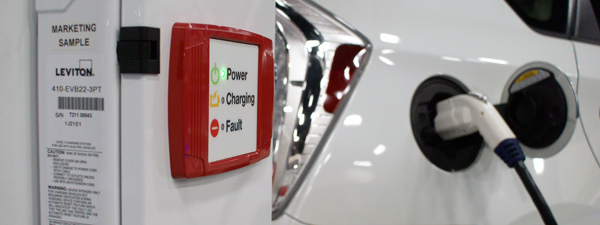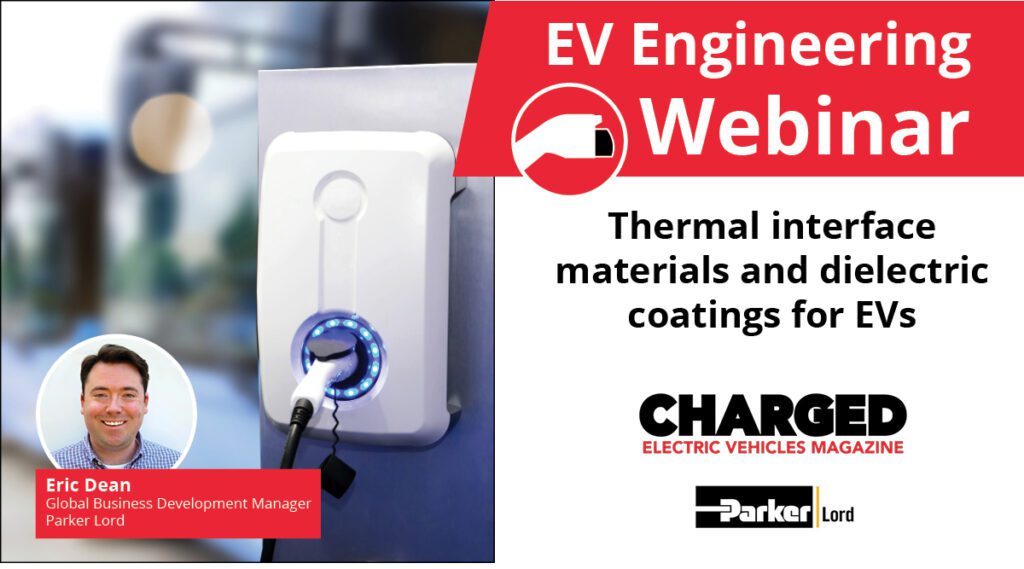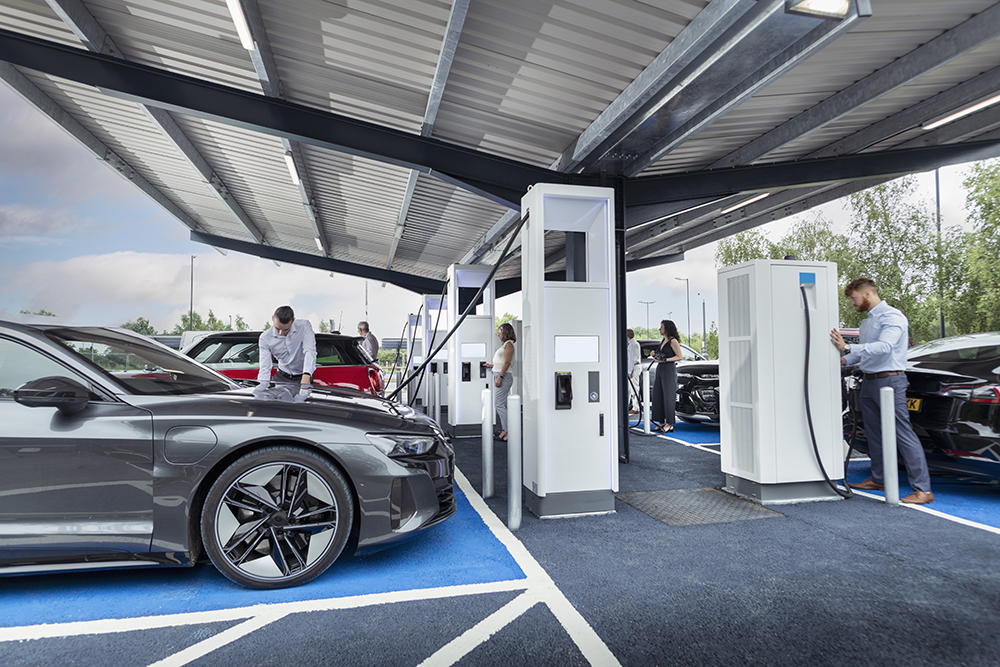Toyota, Duke Energy and Energy Systems Network, the non-profit industry initiative that leads Project Plug-IN, has launched a pilot project in Indiana to evaluate new communication standards.
In the future, EVs and renewable energy sources will be parts of a high-tech network designed to maximize energy savings. This will require common standards to seamlessly align vehicles, charging stations and the power grid. To this end, Toyota, in partnership with Duke Energy and Energy Systems Network (ESN), the non-profit industry initiative that leads Project Plug-IN, has launched a pilot project in Indiana to evaluate new communication standards.
The project, which will begin in early 2013 and last for at least 12 months, will use Homeplug Green PHY, a communication standard based on SAE technical standard J2931. This method allows the sharing of data collected in a home network between the plug-in vehicle and the utility, and will let customers set up their own personal charging strategy – for example, minimizing electricity costs by recharging during off-peak periods.
The pilot will involve five Prius Plug-in Hybrid vehicles driven by Duke Energy customers living in the Indianapolis area. Toyota will provide a home charging station and a home gateway communication system to be installed in each customer’s home, allowing the vehicle and the smart grid equipment to communicate with each other to evaluate billing and power supply control.
“Through Project Plug-IN, the Indianapolis region has been a national leader in the deployment and monitoring of plug-in vehicles with typical consumers, gathering data and taking steps towards making the ‘electric commute’ a truly practical alternative for more Americans,” said ESN CEO Paul Mitchell. “We’re pleased to extend this effort through the partnership with Toyota and Duke Energy, to help our vehicles, charging infrastructure and utilities speak the same language for the benefit of consumers.”
“Smart charging through two-way communication with utilities will not only be a benefit to the customers, but is crucial for the promotion of transportation electrification,” said Toyota VP Edward J. Mantey.
“These pilots are key to understanding what electric vehicle owners expect from their charging experience, which assists Duke Energy in maintaining overall grid reliability while minimizing costs for all customers,” said Duke Energy’s David Mohler. “Standardized communications between vehicle, charging infrastructure and utility is critical to advancing the plug-in vehicle industry.”









































































































